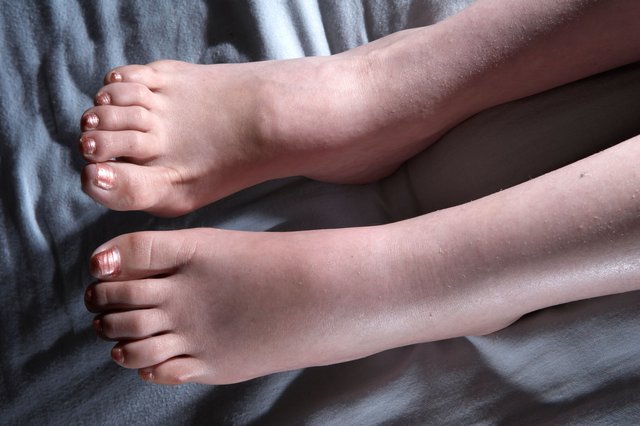
In individuals aged 60 and above, and who have painful and swollen legs, the chances are that it is not a problem linked to the heart’s condition. A more likely explanation would be that it is associated with reduced blood flow through the individual’s veins in their legs. On the other hand, if you are having more systemic symptoms that appear in the entire body, for example, overloading of fluid volume, it may be something related to the heart. Your heart health is something you should take seriously. When you have a healthy cardiovascular system, your body can avoid many health problems and complications. If you have been struggling with swollen legs, you want to seek second opinions in Philadelphia from a cardiologist.
Weak vein valves can lead to swollen legs
As you age, the valves of your veins will deteriorate, causing a reduced blood flow back to your heart. When this happens, you have blood pooling in your legs because it is not circulating well. You will begin to see your legs swelling. Venous insufficiency is considered the common cause of swollen legs among older adults. Another possible cause is a reaction occurring from the use of certain medications. Leg swelling is also associated with heart problems. When you have swollen legs, you may experience other symptoms like chest pains, shortness of breath, abnormal heart rhythms, and swelling in other areas like the abdomen and hands.
Fluid buildup indicates heart issue
If you have symptoms affecting the entire body, for instance a buildup of fluid volume, it may be a heart-related issue. Even when an individual shows these symptoms, a common underdiagnosed problem is high blood pressure or pulmonary hypertension. In this situation, the right side of your heart fails since it is not built to counter increased blood pressure levels. When you have the pressures in the lung climbing so high, it can make the right side of an individual’s heart unable to push blood through the lungs’ circulatory system.
You may also have other heart problems related to swollen legs like abnormal heart rhythms, holes in your heart and issues with your heart valves that cause swelling of legs and ankles.
Chronic swelling of legs may not be an emergency
If you are experiencing chronic swelling, it may not necessarily mean a medical emergency. You want to consult with a cardiologist to decide on the most appropriate form of cardiovascular care or treatment. There is, however, a concern with leg swelling that is related to veins. You will need a medical examination, like an ultrasound of the leg veins or your heart to find out the problem. Non-medical treatment may be recommended to aid with blood flow.
Leg pain as well as weakness
If you have difficulty walking or are experiencing pain, it could indicate a peripheral vascular disease. You may experience numbness of the legs or your legs may change in color. You want to see a cardiologist if you have these symptoms.
You need to maintain good cardiovascular health to help prevent problems like swelling of legs and other complications. Corrielus Cardiology offers integrative medicine to support better cardiovascular health. The team focuses on exercise, nutrition, and stress relief to ensure better heart health and prevent heart-related complications and conditions.